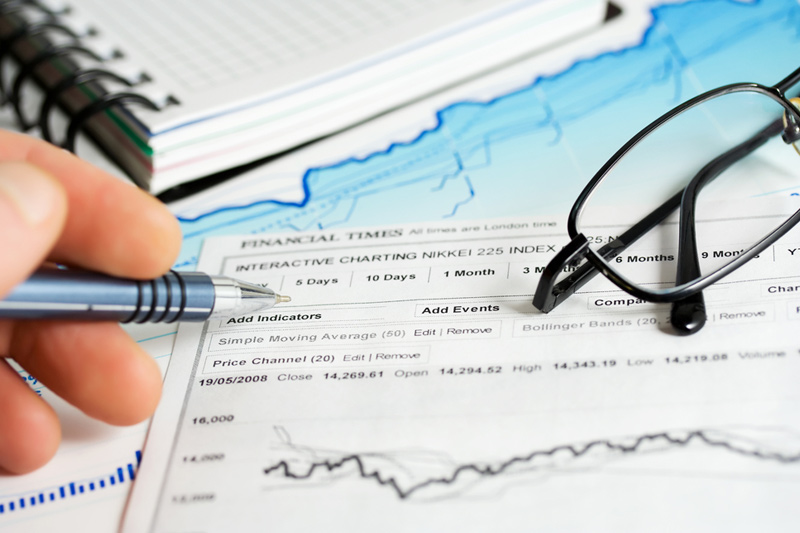By Brigid Riley
TOKYO (Reuters) – The dollar held mostly steady on Thursday as traders kept their powder dry before next week’s U.S. inflation data and what it could portend for Federal Reserve policy, while hawkish opinions from Bank of Japan’s members helped the yen slow its fall.
Against the Japanese yen, the dollar has been slowly inching up in recent days after it fell more than 3% last week, its biggest weekly percentage drop since early December 2022.
But the yen found some support in the BOJ’s summary of opinions released on Thursday, which showed board members were overwhelmingly hawkish at their April policy meeting with many calling for steady interest rates hikes.
The “BOJ appears to be hinting at the next rate hike, which could come in June or July as final results of wage negotiations come out,” said Charu Chanana, head of currency strategy at Saxo.
The yen’s pop higher was brief, however, with the market decidedly bearish on the currency.
Last week’s Fed policy meeting and downside surprise in U.S. job growth have markets increasing bets for two rate cuts this year. But a chasm remains between Japan’s ultra-low yields and those in the United States.
“The market is not really worried about the sudden turn by the Fed. So in this sense, the market is biased for the upside for dollar/yen,” said Masafumi Yamamoto, chief currency strategist at Mizuho Securities.
With traders still wary of possible currency intervention by Tokyo, however, dollar/yen will likely stay locked in the 155-160 range, he added.
remove ads
.
Market players suspect Tokyo spent some $60 billion last week to stem the yen’s slide after it hit its weakest in 34-years against the dollar around 160 yen.
Japan’s top currency diplomat Masato Kanda on Thursday reiterated a warning that Tokyo is ready to take action in the currency market.
The Japanese yen was mostly flat at 155.57 per greenback.
RATE PATHS IN FOCUS
Market focus will soon swing to the April U.S. producer price index (PPI) and the consumer price index (CPI) out next week, which traders will watch for signs that inflation has resumed its downward trend toward the Fed’s 2% target rate.
“This is a make-or-break report for the Fed, as another print questioning the disinflation narrative can put their credibility at risk,” Saxo’s Chanana said.
Fed Bank of Boston President Susan Collins said overnight that the U.S. economy needs to cool to return inflation back to target.
The , which measures the greenback against a basket of currencies, was unchanged at 105.51.
Sterling was steady at $1.24975 ahead of the Bank of England’s policy decision later on Thursday.
The BOE is likely to take another step towards its first interest rate cut in four years as inflation falls.
The big question for investors is whether the BOE suggests that a cut could come in June – when the European Central Bank has already signalled it will reduce borrowing costs.
The euro held at $1.0748.
Elsewhere, China’s was marginally higher at 7.2257, after data revealed China’s exports and imports returned to growth in April after contracting in the previous month.
remove ads
.
That could mean a potential delay for rate cuts some believed China would need to make to meet its 2024 GDP goal.
In cryptocurrencies, bitcoin last rose 0.09% to $61,618.12.


